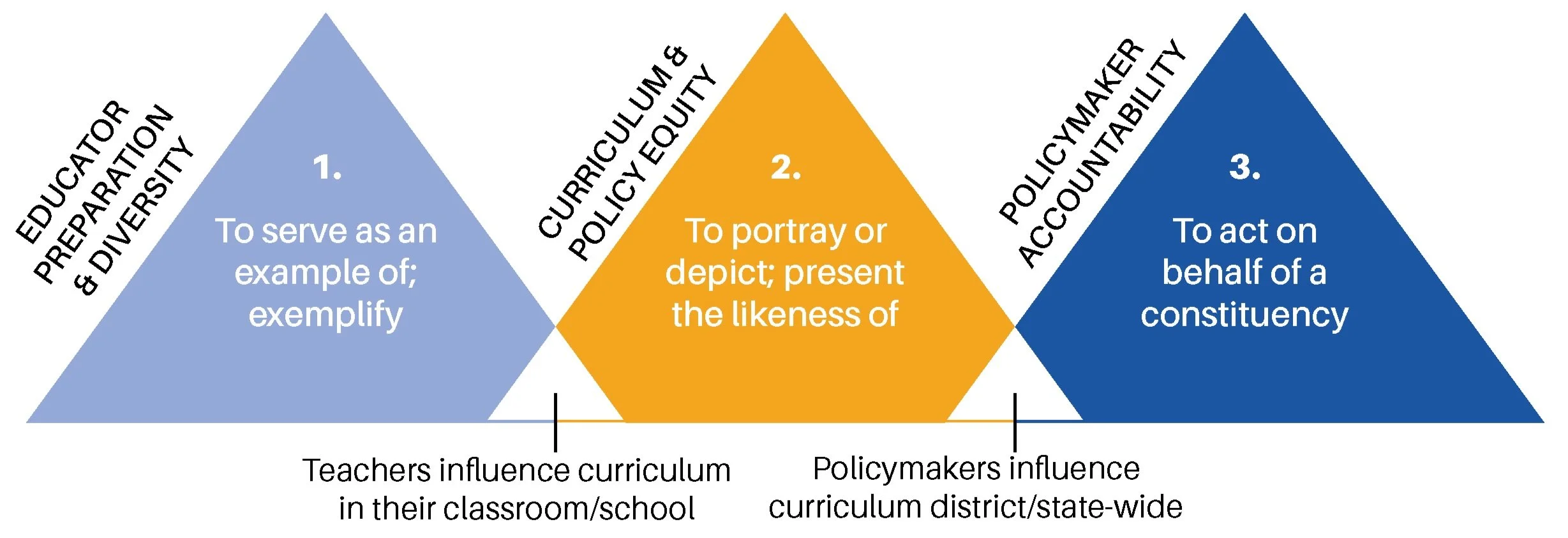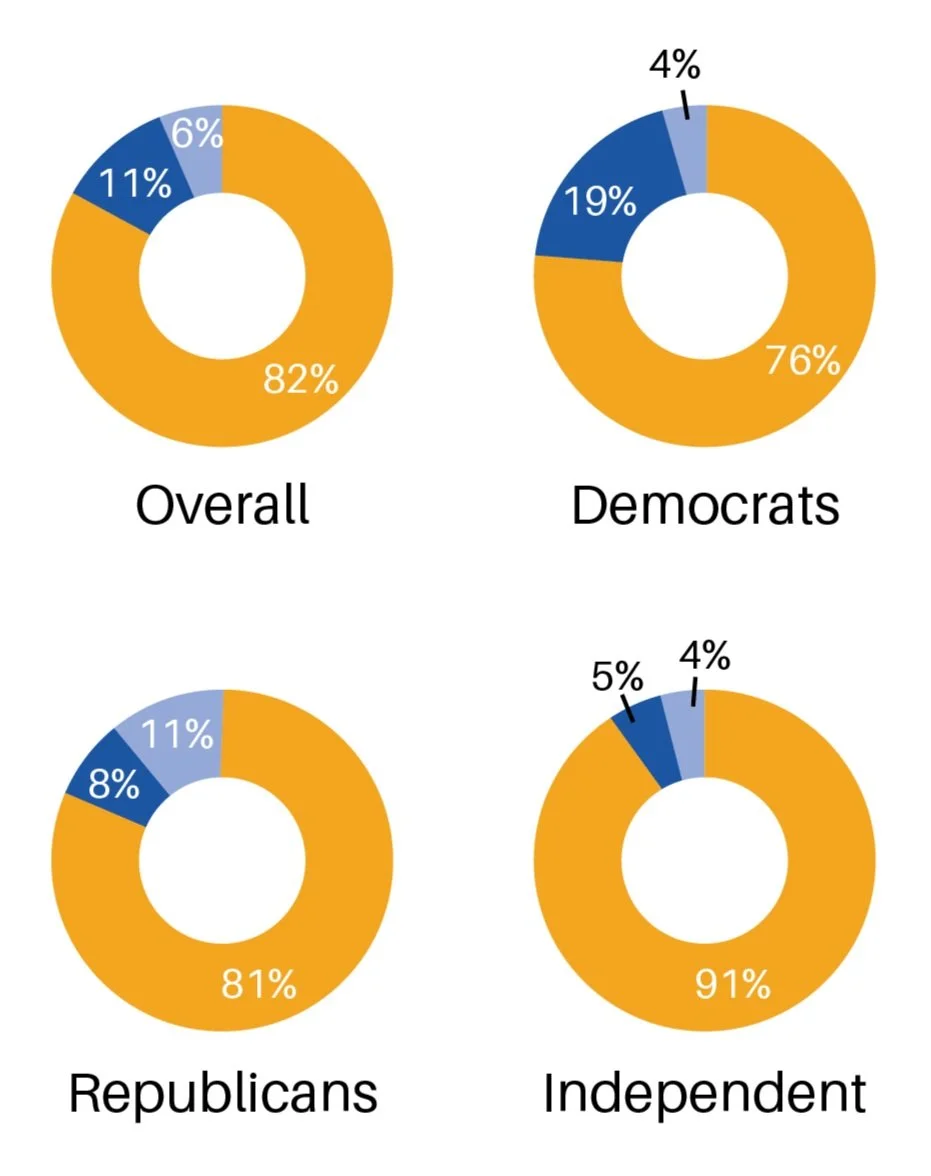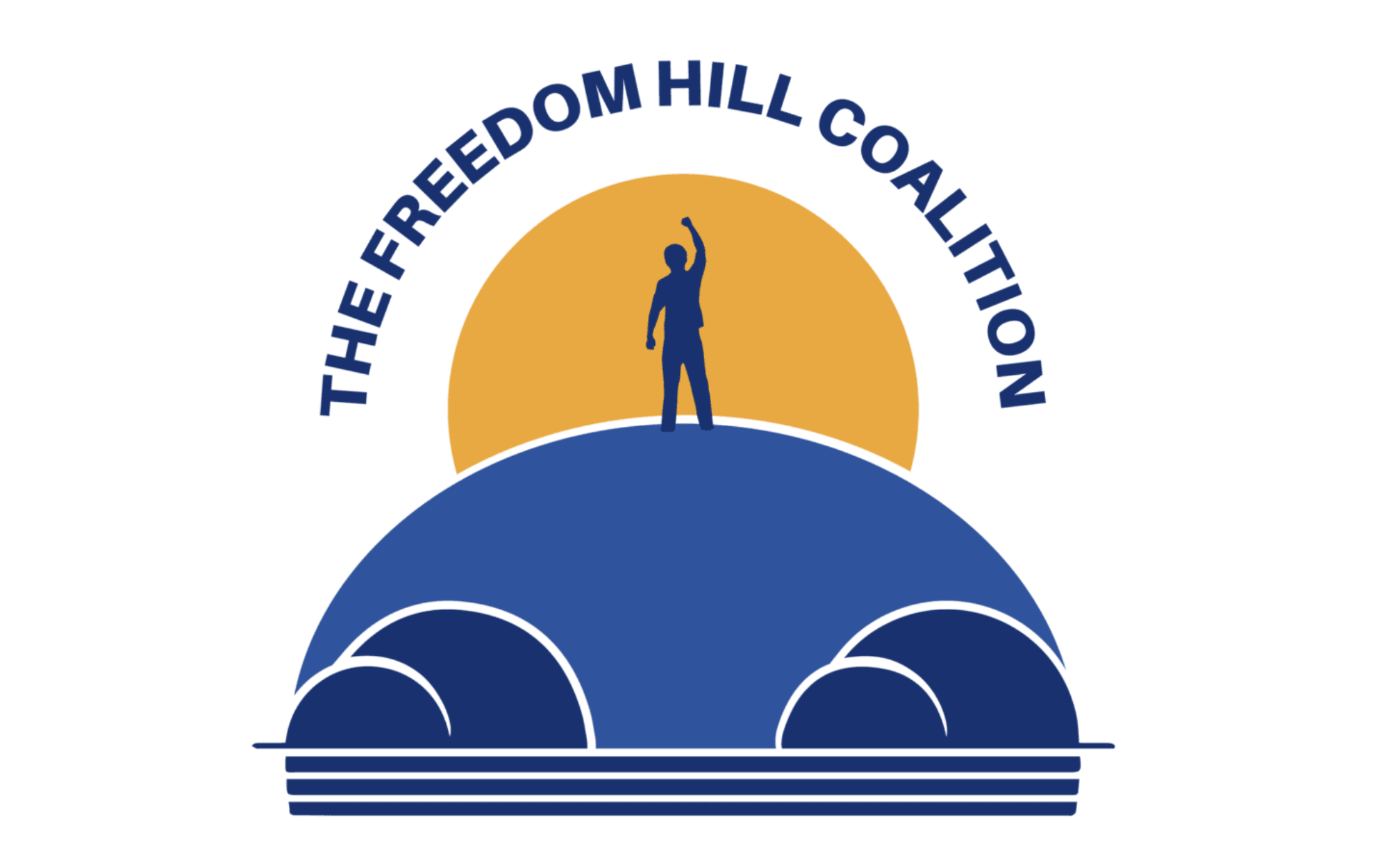
The Represent! Campaign invites students, educators, school leaders, policymakers, community members, and organizations with shared values to join the Freedom Hill Coalition in advocating for more diverse educators, more equitable curricula and policies, and more responsive policymakers for the benefit of students of color.
Goals:
Advocate for adopting short-term suspension appeals processes by three additional NC school districts by the end of the 2024-2025 school year.
Advocate for investment in holistic support services (counselors, social workers, psychologists, etc.) and the elimination of suspensions and expulsions of students in Pre-Kindergarten through 3rd Grade in North Carolina public schools by December 2025.
Gather 100 stories from marginalized students, parents, educators, and community members by January 2025 about increasing representation in NC public schools.
Get 10,000 North Carolinians to sign onto a demand for fair public school funding that provides every child with a high-quality education by December 2025.
Ensuring North Carolina’s public schools and policymakers are more representative of the needs and concerns of students, parents, educators, and communities of color.

What it means to REPRESENT!
For too long, education policymakers have viewed representation as a box to check rather than an active and ongoing process. That is why the Represent! Campaign uses the verb form of the word as a constant reminder that the work of representing the interests of students and families of color is unfinished.
How are students of color REPRESENTED in North Carolina right now?
Students of color represent 51% of North Carolina's public school students. However, only about 20% of teachers are teachers of color
Latinx students account for 17% of the population but only 2.3% of teachers are Latinx. Additionally, Asian students make up 4% of the population, but only .04% of teachers are Asian.
Black students were 160% more likely to receive ISS & 84% more likely to receive OSS than white students
Proportion of racial/ethnic student group that received ISS at least once
Proportion of racial/ethnic student group that received OSS at least once
Students of color deserve policymakers who will act in their best interests
It’s time to end:
School-to-prison pipeline
Academic Tracking
Racist Mascots
Book Bans
Analysis
The Center for Racial Equity in Education asked North Carolina voters how they felt about a variety of topics pertaining to education policy.
Book Banning
The vast majority of people rejected banning books because of discussions of race, political disagreements, criticisms of US History, or depictions of slavery. We should surround students with diverse literature that reflects the world in which they live.
Is discussing race a valid reason to ban books?
Yes
No
Not sure
Is containing political ideas you disagree with a valid reason to ban books?
No
Not sure
Yes
School Funding
The voters in our poll expressed a desire for school funding to be more equitable in North Carolina. They also favored increasing pay for teachers, especially those with more experience and additional education. Funding education fairly is bankrolling our future!
Are teachers in North Carolina paid too little, too much, or about the right amount?
Too little
Paid the right amount
Too much
Not sure
Should teachers be paid more if they have additional years of experience?
Yes
No
Not sure
Should schools with higher numbers of students in poverty be given additional resources by the state?
Yes
No
Not sure
Read our Reports
Deep Rooted: A Brief History of Race and Education in North Carolina
E(race)ing Inequities: The State of Racial Equity in North Carolina Public Schools
Additionally, read our prepared Policy Briefs and the DRIVE Taskforce Report; Developing a Representative & Inclusive Vision for Education.
Resources
Find your local school board
North Carolina has 115 school districts, each governed by a board of education that makes important decisions about how students learn. Use our school board map to help you get in touch with the representatives on your local school board.
What’s on your ballot?
Vote 411 is a one-stop shop for all your election needs. Use this platform to see what’s on your ballot, check your voter registration, find your polling place, discover upcoming debates in your area, and more!
Find your representatives
All residents of North Carolina are represented in the United States Senate by both Senators Richard Burr and Thom Tillis. The North Carolina General Assembly provides a tool for NC residents to find and learn more about who represents them.
How you can REPRESENT!
Want to join the movement? Here are some ways you can get involved in your community:
Retire the Red Raider is a coalition of students, teachers, alumni, community members, and Native leaders working to retire South Point High School’s offensive Red Raider mascot.
The campaign is committed to removing names, logos, and appropriative actions that perpetuate negative stereotypes about Native people, and to working with the community to choose a mascot that better represents the values of inclusivity and unity that Belmont and South Point aspire to.
Join the #TeachingInColor Community
We are a network of educators of color in North Carolina (and beyond) building a supportive community, sharing resources, and making schools more equitable. Add your information below to get started!


























